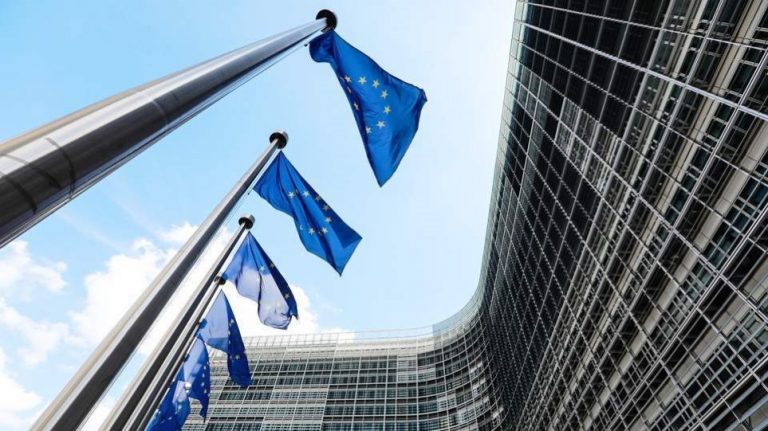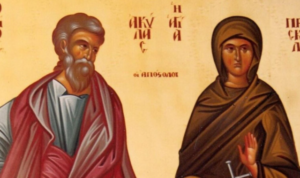A report condemning Turkey’s provocative actions was issued by the European Commission, pointing out that tensions in the Eastern Mediterranean region have risen sharply as a result of Turkey’s illegal actions.
There are seven contracts remaining to be signed out of a total of some 115. However, Turkey has continued to move further away from the European Union with serious backsliding in the areas of democracy, rule of law, fundamental rights and the independence of the judiciary. The continued arrest and pre-trial detention under broad anti-terrorist legislation of opposition leaders, human rights activists, journalists, civil society and academics is deeply worrying. In June 2019, the Council recalling its conclusions of 26 June 2018 noted that Turkey’s accession negotiations have therefore effectively come to a standstill and no further chapters can be considered for opening or closing. Turkey’s foreign policy increasingly collided with the EU priorities under the Common Foreign and Security Policy, notably due to Turkey’s military operations in north-east Syria and the two Memoranda of Understanding signed with the National Accord Government of Libya, one of them on security cooperation that led to greater Turkish interference in the Libyan conflict, and the other one on the delimitation of maritime jurisdiction, which ignores the sovereign rights of Greece’s islands. In light of the unauthorised drilling activities of Turkey in the Eastern Mediterranean, in July 2019 the EU decided a number of measures, including not to hold for the time being the EU-Turkey Association Council as well as further meetings of the EU-Turkey high-level dialogues. The EU further adopted a framework for targeted measures against Turkey in November 2019 and decided in February 2020 to add two individuals to the list of designations under this sanctions framework. On 1 October 2020, the European Council stated that the EU has a strategic interest in a stable and secure environment in the Eastern Mediterranean and in the development of a cooperative and mutually beneficial relationship with Turkey. Provided constructive efforts to stop illegal activities visà-vis Greece and Cyprus are sustained, the European Council agreed to launch a positive political EUTurkey agenda with a specific emphasis on the modernisation of the Customs Union and trade facilitation, people to people contacts, High level dialogues, continued cooperation on migration issues, in line with the 2016 EU-Turkey Statement. The European Council also stressed that in case of renewed unilateral actions or provocations in breach of international law, the EU will use all the instruments and the options at its disposal, including in accordance with Article 29 TEU and Article 215 TFEU, in order to defend its interests and those of its Member States.
also read
Biden: Turkey should retract Hagia Sophia decision
Juventus signs Chiesa from Fiorentina on a two-year loan
Ask me anything
Explore related questions





